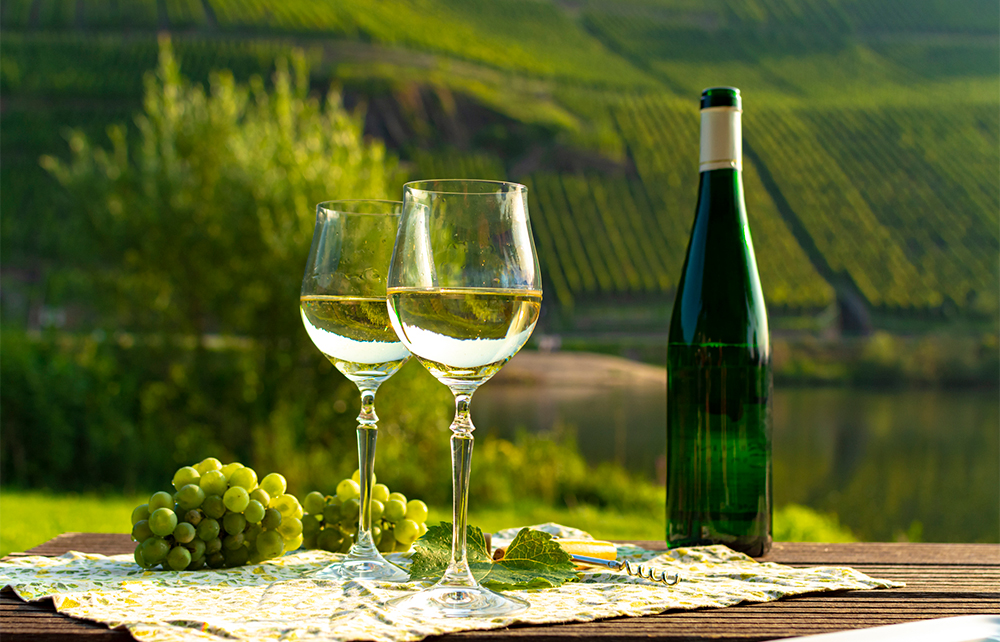Conservatives used to be good at inspiring a mass membership, underpinned by organisations. Before the first world war, the Primrose League had a million members. Shortly after the second war, the party’s membership, including the Young Conservatives, reached three million. This is partly explained by the social mores of the day. The range of available leisure activities was much smaller, there was no television, and parents were happy for their daughters to join the YCs, the assumption being that the girl would meet a nice type of young man.
It is easy to understand why German oenophiles insist Riesling is the greatest grape of all
All that is redolent of a vanished age. But this has consequences. Traditionally, local associations, including YCs, were the party’s foot soldiers. They did the canvassing, the knocking on doors, the patrolling of polling stations. But in recent elections, it has been hard to recruit the troops. The latest estimates suggest that the party has fewer than 150,000 members, and they may not be all that sprightly: better at reminiscing about Mrs Thatcher’s glory days than at pounding up the stairs in a council block.
There is a further factor. Recent decades have seen a tendency for the leadership to distance itself from the voluntary party in order to project a new image. This has been successful: look at the current frontbench. But there has been a cost. A lot of party members feel undervalued. There are hints that the hierarchy believes that too many activists are stale, pale and male. Some of those locals, who see nothing wrong with being pale or male, and be damned to the charge of staleness, are inclined to deliver a rude retort, while wondering if Nigel Farage is wholly unacceptable. At least he does not insult his members.

Redress may be at hand. Michael Forsyth and some other Tory peers have produced an excellent report which advocates rebuilding the party from the ground up. Every Conservative should read it. Equally, it does seem that the Tories have a new ally, one Keir Starmer. Tony Blair often tried to reach out to Tories and could be seductive. That is not true of Sir Keir. There must be plenty of Tories who stayed at home on polling day or voted Reform. They may now be inclined to grant themselves an amnesty.
Although talk of progress naturally arouses Tory scepticism, there are times when it should be cautiously welcomed. A small group of us agreed that the Forsyth report was a case in point. Our optimism was encouraged by some excellent wine from the Mosel. This column has been known to lament one of the great sadnesses of European civilisation: the failure to embed a Middle Kingdom, stretching from Lombardy to the Low Countries, in which the Rhine and its tributaries would have been a conduit of civilisation and prosperity, gradually taming the Frankish tribes – rather than a frontier for their wars and the ensuing destruction.
For over a century the House of J.J. Prum has produced bottles which range from the excellent to the magnificent. Although I can never quite agree, it is easy to understand why German oenophiles insist that Riesling is the greatest grape of all. We started with some youngish Kabinett: a harmony of fruit and structure. It is still not an easy wine to match with food: so much the worse for the food.
We then moved on to a harder task: what, if anything, would go with a 2003 Auslese, Wehlener Sonnenuhr? Our host urged caution. Might the two bottles have passed over the hill? Absolutely not: each was superb. Perhaps an immensely rich fruitcake would work. Otherwise, it could be savoured on its own, with a toast to old European high culture – and a new revived British Conservative party.







Comments